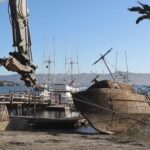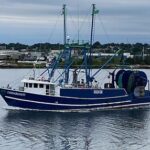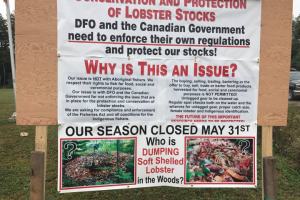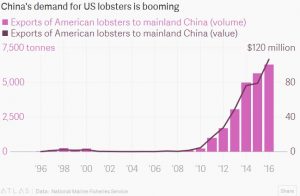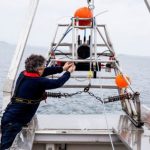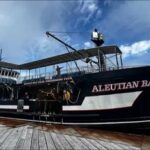Competition Bureau closes investigation into collusion involving fish processors; harvesters wouldn’t name names
Fishermen advised of more confidential, ‘whistleblower’ way to lodge complaints
FOR IMMEDIATE RELEASE Friday, Nov. 22st, 2019
The Federation of Independent Sea Harvesters of Newfoundland and Labrador (FISH-NL) is disappointed to learn that the federal Competition Bureau has closed its investigation into recent allegations of collusion involving fish processing companies.
“Officials with the Competition Bureau say the people they interviewed wouldn’t give up names, and they couldn’t get the information they needed to carry out an investigation,” says Ryan Cleary, President of FISH-NL.
“The cold, hard reality is that people living in small-town Newfoundland and Labrador fear repercussions for speaking out, and their livelihoods on the water will be jeopardized.”
This past spring, FISH-NL wrote the federal Competition Bureau to request an investigation into two separate allegations of collision involving fish processing companies in the province.
One allegation involved an inshore fisherman from the Great Northern Peninsula who said he was prevented from moving from one shrimp buyer/processor to another. The second allegation involved a fisherman from Newfoundland’s south coast who accused processing companies of working together to keep the price of sea cucumber down.
While saying the complaint has been “closed,” officials with the Competition Bureau also directed FISH-NL to the confidential informant and whistle blower information on their website, which protects a person’s identify when they lay a complaint, and guards against retaliation.
Find the site here: https://www.competitionbureau.gc.ca/eic/site/cb-bc.nsf/eng/h_02760.html
Allegations of a cartel in the fish processing sector have been around for decades, and made by high profile former politicians like John Efford and Danny Williams.
A cartel is formed when competitors make an agreement, an arrangement or conspire to lessen or prevent competition. Cartels are illegal because they lead to higher prices, decreased product choice, and less innovation.
“It’s important for inshore harvesters to know there’s a safe and confidential way for them to speak out about the cartel, which is alive and well today in Newfoundland and Labrador,” Cleary said.
Contact Ryan Cleary: 682 4862



































